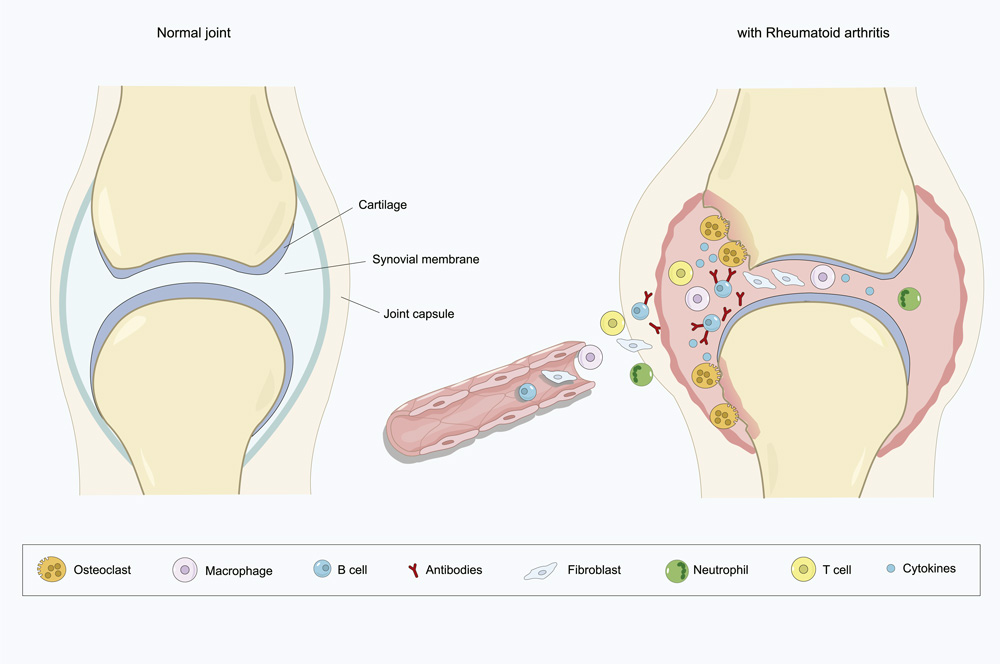Autoimmune

What are autoimmune diseases?
Autoimmune diseases occur when the immune system, due to some alteration or change in the body’s structures, fails to recognize its own cells and tissues. As a result, it mistakenly attacks what it perceives as foreign, producing autoantibodies to destroy them. This leads to the development of the autoimmune disease.
Autoantibodies circulate in the blood, and in most cases, they can be measured through specific tests.


Most frequent autoimmune diseases we can help with:
Among various autoimmune conditions, BI(G)MED can assist with the following:
Ulcerative Colitis and Crohn's Disease
Type 1 Diabetes Mellitus
Multiple Sclerosis
Rheumatoid Arthritis, Ankylosing Spondylitis, Ankylopoietic Spondylitis
Hashimoto's Thyroiditis and other forms of hypo- and hyperthyroidism
Lupus Erythematosus
Scleroderma
Vitiligo, Psoriasis, Rosacea
Autoimmune Polyglandular Syndrome
Autoimmune alopecia
Autoimmune Glomerulonephritis, Autoimmune Pulmonary Fibrosis, Autoimmune Vasculitis
What is the cause?
The loss of tolerance to the body’s own cells, leading to autoimmune disease, can be triggered by both genetic factors and external physical or chemical influences. These include infections, alterations in the intestinal barrier, radiation, pesticides, toxins, medications, vaccines, chronic stress, and more.
What is our objective?
Our goal is to help restore immune tolerance and enable the immune system to once again recognize the body’s own cells as “self.” This is crucial because autoimmune diseases are systemic, meaning they can affect more than one organ or tissue, even though symptoms may initially manifest in a specific area. Over time, we often see that multiple autoimmune diseases can be associated with one another.
How can we help?
First we must make a proper diagnosis by interview, examination and accurate diagnostic techniques. diagnostic techniques, such as such as protein profile, lymphocyte typing, serology and others.
When we have all the data, we can act by favoring cellular autoregulation with different strategies: Bioimmunogenetics o Bi(G)MED, nutrition and micronutrition as well as other complementary treatments required by the specific case.

Particularities
- There are many rare autoimmune diseases, so the Bi(G)MEDcould also be of help in these cases.
- An infection commonly associated with autoimmune diseases is the Epstein-Barr virus. It is usually a reactivation of the virus that was dormant. As long as we do not put it back to “sleep”, the immune system is exhausted fighting it unsuccessfully. The consequences of this can be: chronic fatigue syndrome, infections by other pathogens, expression of cancers or perpetuation of autoimmunity.

